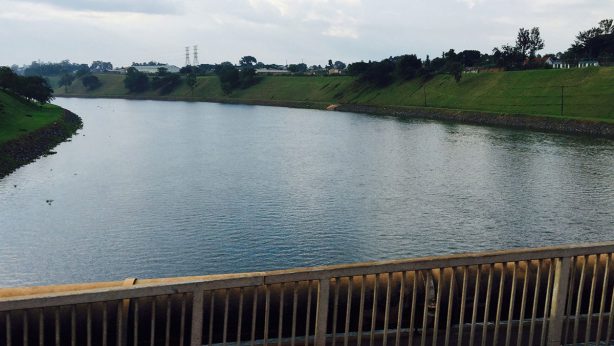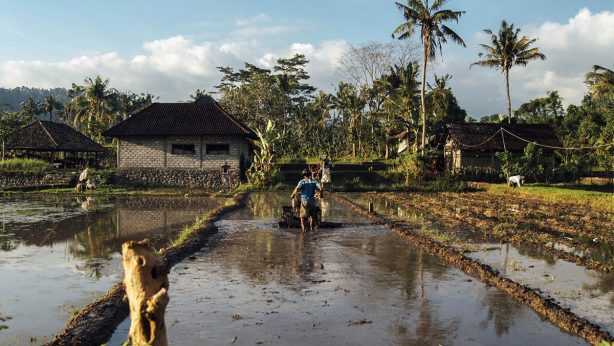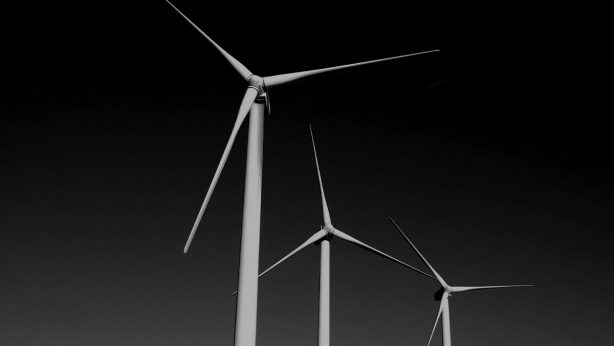
Horn of Africa Impact Stories: Voices From The Frontlines of El-Nino and Climate Change
Follow the story with 350.org…
Follow the story with Global Voices…
For the past few decades Kenyans have been longing for change, change in government practices, change in development strategies, change in national issues such as corruption and poverty. And as our country learns to adopt sustainable development, speaks out against tribalism, strives to alleviate poverty and better our economy, Kenyans are experiencing a different kind of change in the near horizon, drastic unexpected change, change we were not looking for. Climate Change.
Today, I and many in Kenya have become familiar with newspaper headlines that read; ‘Starvation Claims 14 lives in Turkana’ and ‘Death Toll in Marsabit Rises Due to Looming Drought’, while statistics up north show that Mandera, Isiolo, Wajir, and Baringo County are worst hit by famine after the consistency of failed rains, with the Governor of Samburu declaring a state of emergency as 60% of locals are facing food insecurity. Appeals to the national government to help address the situation have been made, but his exact words were; ‘We will not survive this drought’. Farmers are reaping losses while pastoralists watch their cattle die.
For the first time in history, Voi River located further south, in Voi County, has dried up. Locals have been unable to water their gardens claiming that even the hope of a meal is now non-existent. And as I turn the pages of my newspaper, images of women, children and men in the majority of Kenya’s communities affirm that we are all suffering from the effects of this long drought that seems to be never ending. The expressions on their faces shows shock and confusion while their eyes are filled with questions. We thirst for answers.
I grew up in Kisii County, the western part of Kenya. A region that contributes largely to Kenya’s fruit basket, but we too have noticed the absence of rainfall. In the 1970’s my family built a dam within the land my grandfather owned though he has departed that dam has always been there from since I can remember, but in the last two years, weather patterns across the country have demanded that our family not take this reservoir for granted. As we experience the second round of drying up, the future remains uncertain. Will the dam refill with rain water as we approach the New Year? Our neighbourhood glares at the skies as if to question where the clouds went. All we can do is hope as we wait for the effects of El Nino to pass. But the hopes of most Kenyans are already drying up as fast as our rivers and dams, with no sign of upheaval rainfall in the near distance.
Kenya has been forced to redefine water as a scarce commodity rather than a basic need. What scares me most, together with other fellow citizens is our incapability to solve the situation, to a large extent the power to mitigate climate change does not lie in our hands.

The entire population of Ajawa in northern Kenya spends most of their day worrying about water supplies rather than focusing on developmental issues. Nothing else seems to matters except that very “basic need” we call water. For hours and kilometres on end, members of the community walk to the nearest bore-hole then descend 30 meters into a cave like well to fetch water for their cattle before the break of dawn. The well appears to be the only source of survival. Others prefer to keep away from the well having been attacked by wild animal while cases have been heard of women having miscarriages because of the long distances they are forced to walk in order fetch water. Our county governments, especially in Wajir have heard the cry of pastoralists and have funded veterinary officers to manage the lives of hundreds of thousands of live stock in order to minimise the drought related livestock deaths. These measures, though helpful, seem to be too little and too late in the day as the sun continues to scorch a large per cent of Kenya.
The Kenyan economy loses 14billion Kenyan Shillings to drought every year, the country has lost 3% of its GDP in 2015 alone, 10 million and more are suffering from the effects of famine while the situation is set to worsen, thousands of lives have been lost and still, no solutions have been found. Millions from the Horn of Africa have been migrating south, headed to our country in order to flee severe famine yet we too are experiencing the same conditions they seek to avoid.
As the reality of climate change dawns on us, we looked to the ongoing 21st Conference of Parties in Paris hoping that the negotiations will be fruitful. Past meetings have availed very little even to the point where we have begun to speak about Adaptation, Climate Justice, Climate Finance and Compensation rather than Mitigation and Reduced Emissions. The questions that linger in my mind are; will there be a positive outcome as heads of states convene in Paris to discuss Climate Change, or is this just another good photo opportunity for global presidents as they sit in fancy conference rooms with a cup of tea and bottled water by their side while we in the Horn of Africa journey in search of a stream of water and look to the skies for long awaited rains?




